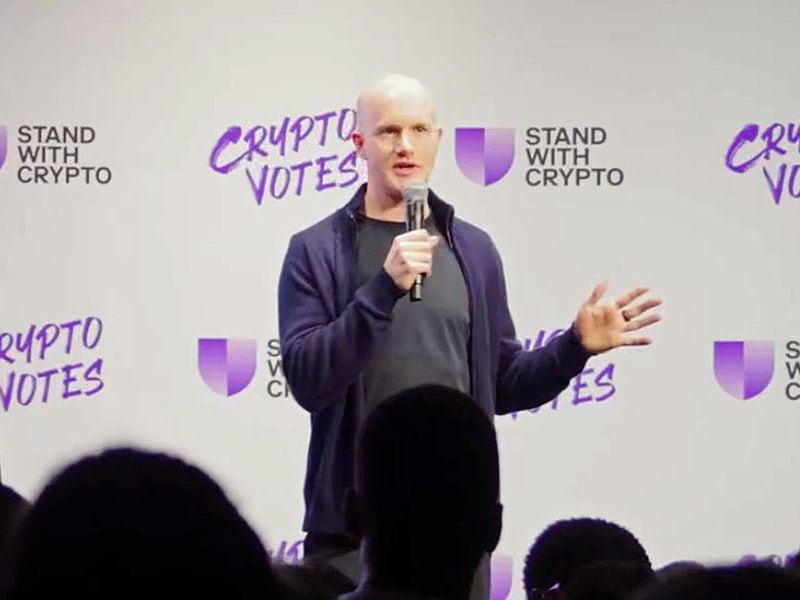Microsoft, EU-Based Universities Say Blockchain Could Help Meet Paris Agreement Carbon Goals
Oil refinery (Susan Santa Maria/Shutterstock)
U.S. tech giant Microsoft and universities in Germany and Denmark have released a paper outlining the potential benefits of blockchain technology in building an international carbon credit market.
The paper, published Monday and titled “Blockchain Application for the Paris Agreement Carbon Market Mechanism – A Decision Framework and Architecture,” specifically looks at the suitability of blockchain and distributed ledger technology for a carbon market mechanism as per Article 6.2 of the Paris Agreement.
The Paris Agreement has the overall aim of bringing a global response to the threat of climate change by keeping global temperatures below a two degrees (35.6°F) rise above pre-industrial levels. Article 6.2 is designed to provide an accounting framework for international emissions-trading schemes, a type of market incentive to reduce the volume of carbon dioxide released into the atmosphere, in a less-centralized, cooperative format.
Legacy infrastructure solutions for such a market, such as the mechanisms laid out in the Kyoto protocol of 2005, has limitations due to being based on manual processes within a “centralized and fragmented databank structure,” the paper says. “When only considering legacy database architectures, there is the risk of designing a ‘new’ post‐2020 market mechanism that is already outdated at the date of inception.”
However, the paper’s co-authors, which include Microsoft’s data, AI, blockchain and Azure specialist, Laura Franke, as well as the Technical Universities of Berlin and Denmark, agreed blockchain’s ability to offer information transparency and immutability – meaning data can’t be changed once secured on a ledger – could offer a viable alternative.
“We found that for the bottom‐up and decentralized governance system envisioned in the Paris Agreement, a blockchain application is promising and can yield benefits in enhanced transparency and increased automation,” the paper reads.
Still, blockchain and distributed ledger systems are described as “nascent” technologies that do not have the power to solve all the carbon market problems.
“This new technology is not a panacea for all problems, and the trade‐offs of applying blockchain technology need to be assessed case by case,” the team suggests.

As such, the team further provides a framework for deciding if blockchain would be suitable for a proposed purpose.
Still, the use of a blockchain platform “offers clear benefits in terms of interoperability with other emerging technologies, automating the process through smart contracts, enhancing transparency, traceability and auditability, and enhancing system security and trust between Parties,” the authors say.
Disclosure
The leader in blockchain news, CoinDesk is a media outlet that strives for the highest journalistic standards and abides by a strict set of editorial policies. CoinDesk is an independent operating subsidiary of Digital Currency Group, which invests in cryptocurrencies and blockchain startups.









